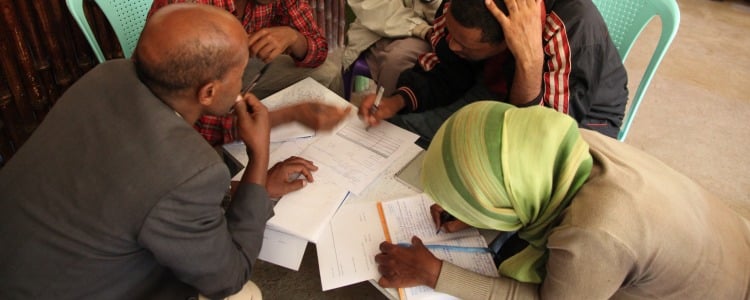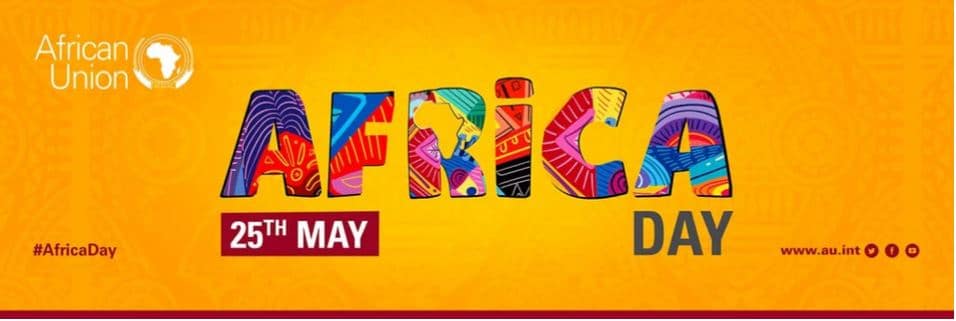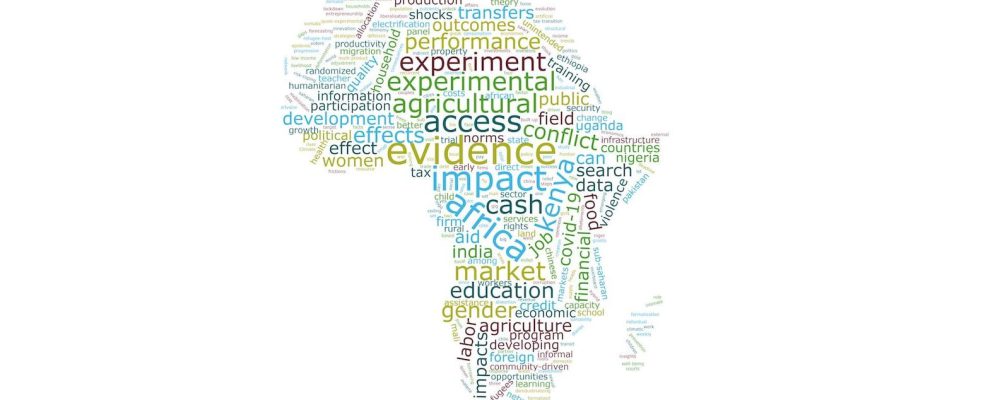
INCLUDE shares columns written by prof. dr. Ruerd Ruben, former Director of the Policy & Operations Evaluation Department (IOB) at the Ministry of Foreign Affairs and currently programme leader Food Security, Value Chains & Impact Analysis at LEI-Wageningen University, who distinguished between fact and fiction on hypotheses on development in OneWorld, a Dutch Magazine on Global Issues.
‘Cooperation between different parties, both public and private, has proven to be an effective strategy in contributing to inclusive growth in many situations.’
(PPP facility sustainable undertaking and food security, wetten.overheid.nl/BWBR0031473, December 19 2012)
Yes, Indeed
In public-private partnerships (PPPs), privately owned enterprises collaborate with government institutions and/or non-governmental organizations (NGOs) and offer opportunities for businesses to invest in developing countries, where risks can be much higher. Knowledge and experience gained in the world of business are now more publicly accessible and the government is contributing to financing capital costs. Dutch development cooperation is increasingly using PPPs over the last few years. In 2011 € 48.3 million was invested by more than fifty PPPs, especially in healthcare, water and sanitation, and food security projects. In addition to privately owned companies, NGOs and educational institutions are also becoming increasingly involved. Donors regard PPPs as a good working model that makes it possible to share the expertise of the organizations involved. PPPs also contribute to inclusive growth from which smaller producers, such as farmers, entrepreneurs and the population more generally, can benefit economically.
No
Various Western countries are, however, unsure about the effectiveness of PPPs. Recent studies in the UK and Australia have shown that half of the PPP infrastructure projects ultimately cost more than was initially expected and have progressed more slowly than was anticipated originally. In addition, there has been resistance in several countries to the growing role of the private sector in delivering vital services, such as drinking water and electricity, public transport and the supervision of public facilities like schools and hospitals. Other experiences with PPPs that aimed at stimulating cooperation between small farmers and processing businesses have created tensions due to inadequate definitions concerning rights and responsibilities.
What’s important
Many PPPs draw up agreements on how to divide costs but rules on the sharing of any profits and responsibilities regarding possible losses are often not as clearly defined. In such cases, ‘incomplete’ contracts are emerging in which there is a chance that the government will eventually have to cover most of the risks. Another important question is about the problem for which the PPP comes up with a solution. Collaboration has often been established to generate income but if there is a lack of competition, programmes will eventually lead to local monopolies. The World Bank has therefore stated that PPPs are less effective in countries where good governance is lacking.
Assessment
PPPs are a useful instrument when it comes to involving the private sector in international collaboration. But there is no guarantee that they always work. Before deciding to opt for a PPP, checks should be made as to whether government or market solutions would not be preferable.








